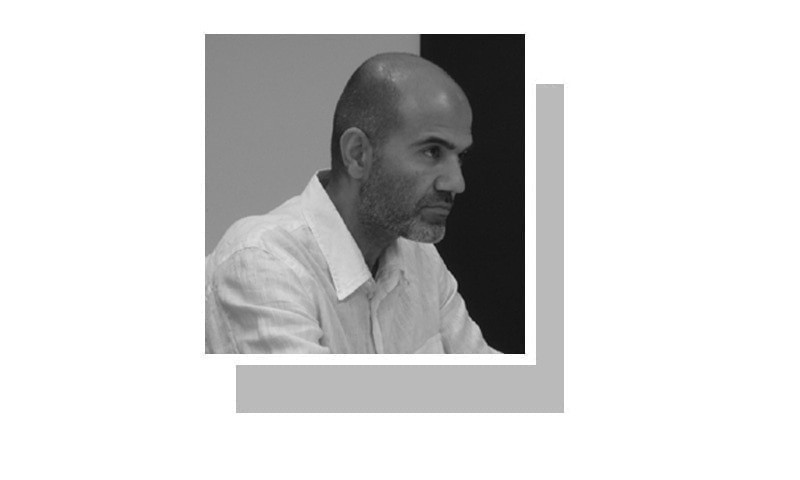
DOES anyone even take the finance ministry seriously anymore? With each passing year, this question becomes less and less rhetorical, as our notionally sovereign economy turns into a plaything of a militarised state apparatus, with faraway creditors and investors unanswerable to the 240 million people in whose name this country is run.
There is arguably no bigger illustration of the sovereignty pantomime than the announcement of the federal budget. The man who will present it, Ishaq Dar, has been clear only about one thing since he took over the finance ministry hot seat: he is not able, let alone willing, to do very much.
But it is lazy to argue that putting ‘competent’ men in charge would change the game. Pakistan’s political economy — militarised, financialised, ecologically destructive and anti-worker — is not propped up by one man and will not be undone by one man either.
The story is old but we should never tire of repeating it, especially given how the military establishment is menacingly winding down Project Imran and reminding us that ‘national interest’ trumps all.
Within a few years of its formation, Pakistan became a Cold War outpost whose national security apparatus, like brethren front-line states Iran and Turkey, was funded and trained to defend Western interests in south-west Asia. Formal military aid from Washington started rolling in under the Mutual Assistance Programme in 1954, and the state subsequently pleased its imperial patrons and indoctrinated the people that this aid would give us an edge in military competition vis-à-vis India.
The story is old but we should never tire of repeating it.
Military dictatorships in Pakistan have been propped up by geostrategic rents which have reinforced the India obsession. Meanwhile, our society and that of Afghanistan have been devastated by religiously inspired militancy, and what economist Kaiser Bengali calls non-combat defence expenditures have shot through the roof.
For the first three decades, there was some semblance of concern about the needs of the working masses, at least in part because all newly independent countries experienced some version of Third World economic nationalism which mandated the dismantling of neo-colonial economic structures.
There was some import-substitution industrialisation, some land reform, even some nationalisation. These policies reflected some degree of economic sovereignty.
Since the 1980s, the IMF has told us what to buy and sell, when and where to cut public spending. It pulls the plug when it doesn’t get what it wants. Similarly, the World Bank and Asian Development Bank tell us how to define and execute ‘development’ and happily pile on the debt for ‘reforms’ of their own choosing, including disasters like IPPs, which, since the mid-1990s, have become godfathers of the dysfunctional electricity/power sector.
In this period, Pakistan and many other postcolonial economies in Latin America, Asia and Africa have undergone a shift away from the production of real goods and services towards financialisation; private banking, real estate, insurance, alongside mining, agribusiness and other extractive corporate lobbies that have become the biggest fishes in an increasingly small pond.
Traders and merchants have retained some share of the economic pie, especially in the informal sector, such that trade remains the primary livelihood option for the millions who exit agriculture yearly. Job-creating manufacturing continues to wilt rapidly. To take one example, almost 150,000 workers have lost their jobs over the past year in Faisalabad’s textile sector alone.
Bear in mind that millions of young people join the job market every year. Many commentators have called attention to the alarmingly large numbers of highly skilled young people with relatively good prospects who now want to leave the country. And what of the vast majority of workers whose social mobility is limited and who now even face a struggle to get a low-paid job as a migrant worker in the Gulf?
I do not know if the PDM/PPP government is even bothered with such structural truths, because most of its outspoken representatives are absurdly cheering on state repression against the PTI.
In any case, the budget announcement will not include mention of the real reasons we remain a virtual client state to global finance, or that the government seems helpless in the face of geostrategic rents drying up. We already know there is no will to shift away from sectors like real estate, invest in job-creating production or undertake redistribution of wealth.
So what we are left with is a boring regurgitation of the ‘reform’ rhetoric to please the IMF with a handful of ‘pro-people’ announcements. These will not fix hunger in bellies and brutalisation of bodies. In fact, the poverty of imagination is leading to a disastrous dead end.








